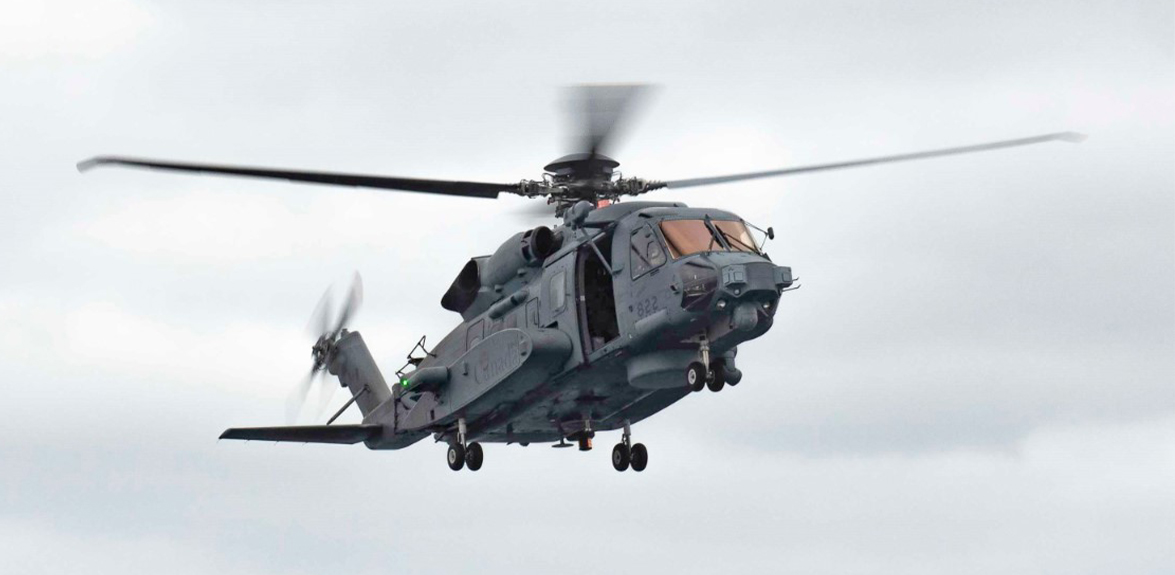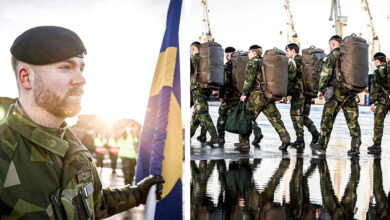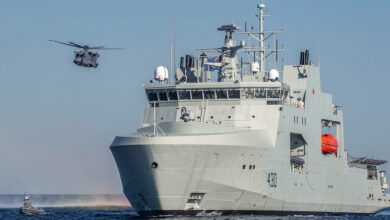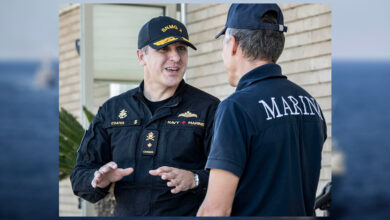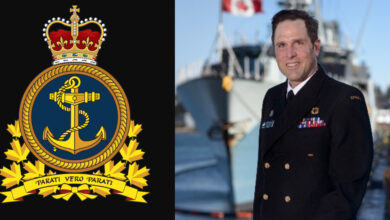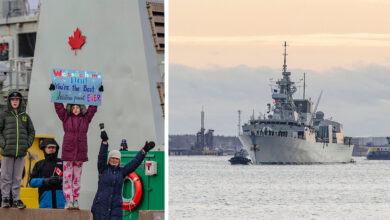Operations
Initial report for CH-148 Cyclone accident released
This afternoon the Directorate of Flight Safety released the initial report regarding the CH-148 Cyclone accident.
“While the From the Investigator report identifies areas of focus for the remainder of our flight safety investigation, there is still a tremendous amount of work to do to understand the exact circumstances that contributed to the accident. We’re thankful for the support we’ve received so far from across National Defence, the whole of government, as well as the collaborative efforts of Sikorsky. We remain committed to conducting a thorough investigation to identify all we can that may contribute to safer flying operations,” stated Colonel John Alexander, Director of Flight Safety and Department of National Defence’s Airworthiness Investigative Authority in a press release.
The report is a brief summary of the circumstances and facts that investigators know at this time. The report does not provide the full details surrounding the accident, which is still under investigation.
According to From the Investigator report, “At this point, the investigation has determined the aircraft was returning from a routine surface reconnaissance mission followed by additional training (flight deck evolutions) for aircrew proficiency prior to landing on HMCS Fredericton.
“The helicopter had flown by the port side of the ship, from stern to bow, before making a left hand turn to establish a downwind leg in preparation for approach to the ship. The aircraft then commenced a final left turn to set-up for the approach. During this final complex manoeuvring turn to close with the ship, the aircraft did not respond as the crew would have anticipated.
“This event occurred at a low altitude, was unrecoverable, and the aircraft entered a high energy descent and impacted the water astern the ship.”
While the investigation is still ongoing, it will focus on aircraft systems and human factors.
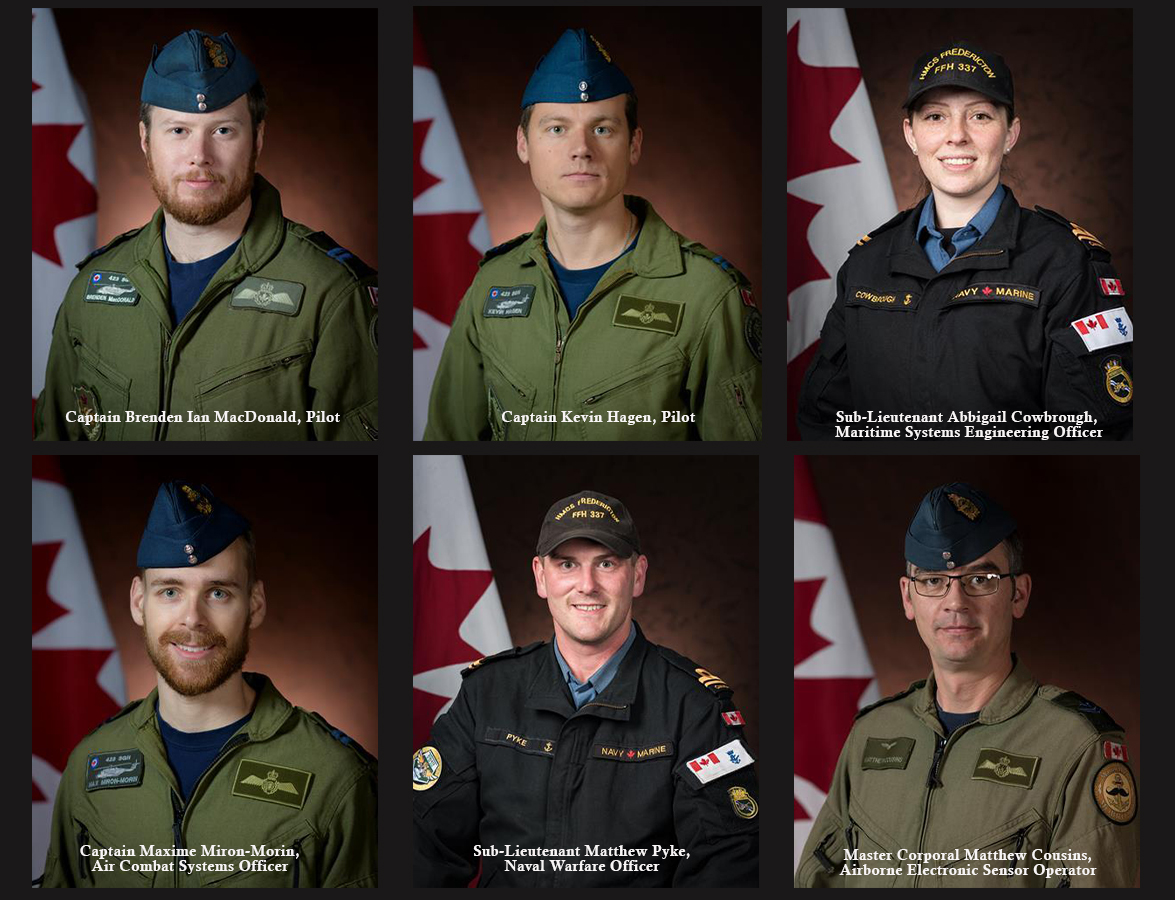
“As we continue to mourn the loss of our RCAF and RCN members, our hearts are with the families of Stalker 22. I am grateful for the work of everyone involved in the search and recovery efforts. We remain committed to supporting the families of our fallen, as well as those serving friends and colleagues who have been affected by this accident. With the cooperation of the Directorate of Flight Safety, a team of airworthiness experts are working closely to develop a plan to methodically and safely return the fleet to operations. This is critical work and we will take the time to do it right,” Lieutenant General Al Meinzinger, Commander Royal Canadian Air Force.
CAF personnel onboard Stalker 22 that lost their lives:
-
- Captain Brenden Ian MacDonald, Pilot, originally from New Glasgow, Nova Scotia
- Captain Kevin Hagen, Pilot, originally from Nanaimo, British Columbia
- Captain Maxime Miron-Morin, Air Combat Systems Officer, originally from Trois-Rivières, Québec
- Sub-Lieutenant Matthew Pyke, Naval Warfare Officer, originally from Truro, Nova Scotia
- Master Corporal Matthew Cousins, Airborne Electronic Sensor Operator, originally from Guelph, Ontario
- Sub-Lieutenant Abbigail Cowbrough Systems Engineering Officer, originally from Toronto, Ontario
The press release noted that human factors examine all the human elements within an incident or accident, such as:
-
- training
- aircraft design
- how it is flown
- interactions of crews with each other
- interactions of crews with the aircraft
- interactions of crews with external elements
Aircraft system factors examine any aspects of the aircraft systems including, such as:
-
- mechanical
- electronic
- flight control
- navigation systems
“It is common to focus on both areas and the interaction between human elements and aircraft systems where a cause may not be immediately clear,” stated the press release.
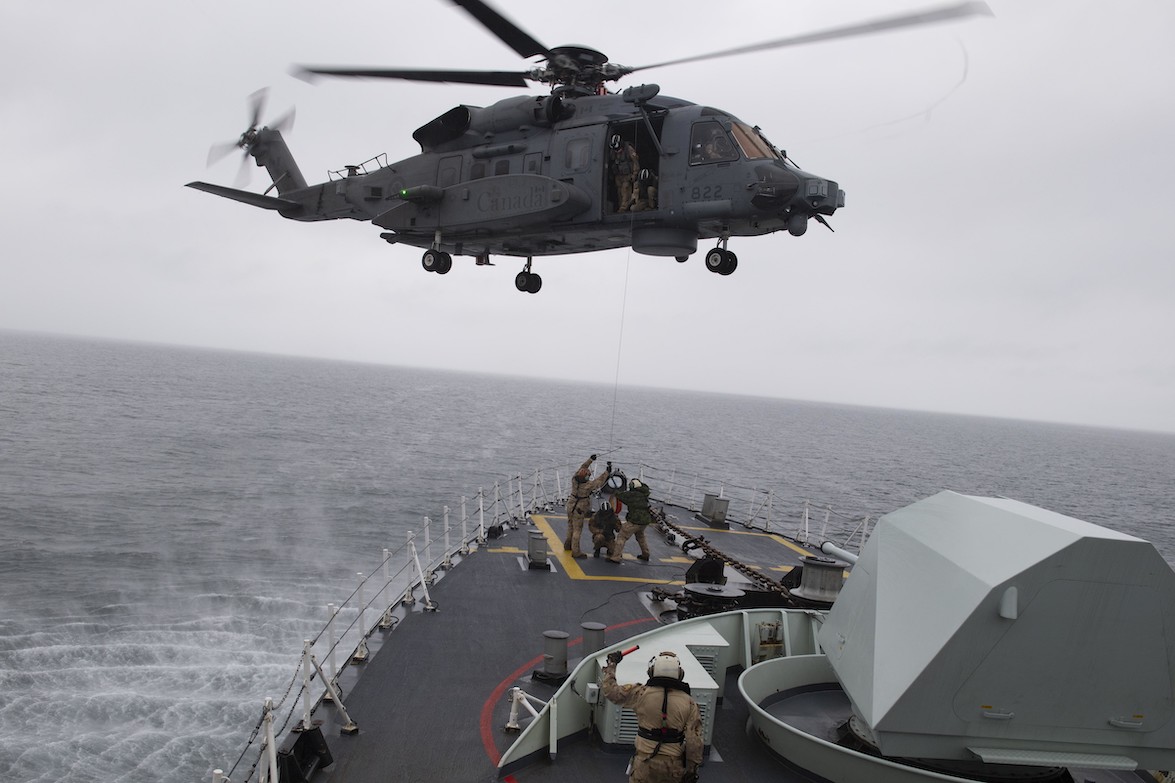
Currently, all the CH-148 Cyclones remain on an operational pause.
“The operational pause remains in effect, while a team of subject matter experts are conducting a thorough risk assessment process to enable an eventual return to flying operations for the CH-148 Cyclone fleet.”
The press release noted, “Flight Safety Investigations are conducted to ensure our personnel can continue to have confidence in our equipment and procedures.
“One of the aims of the Flight Safety program is to investigate such occurrences with the objective of quickly identifying effective preventive measures that will either prevent or reduce the risk of similar occurrences in the future.”
Callsign Stalker 22, a CH-148 Cyclone helicopter went down over the Ionian Ocean on April 30, 2020, with six CAF personnel on board. All personnel on the aircraft lost their lives in the accident.
To read the full report visit here.


